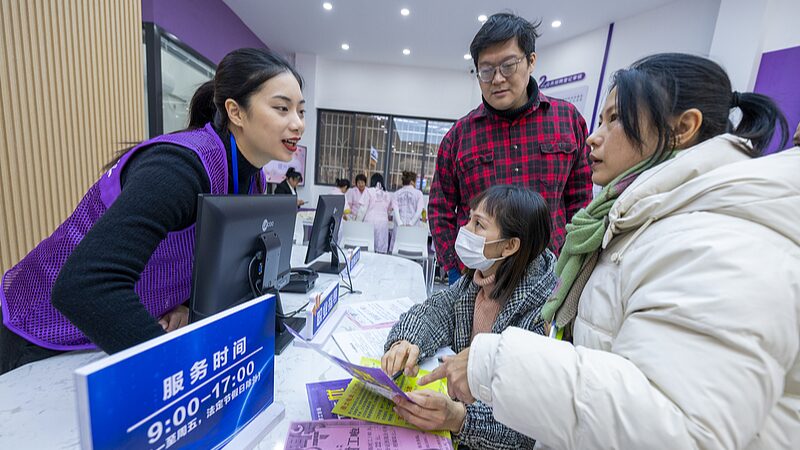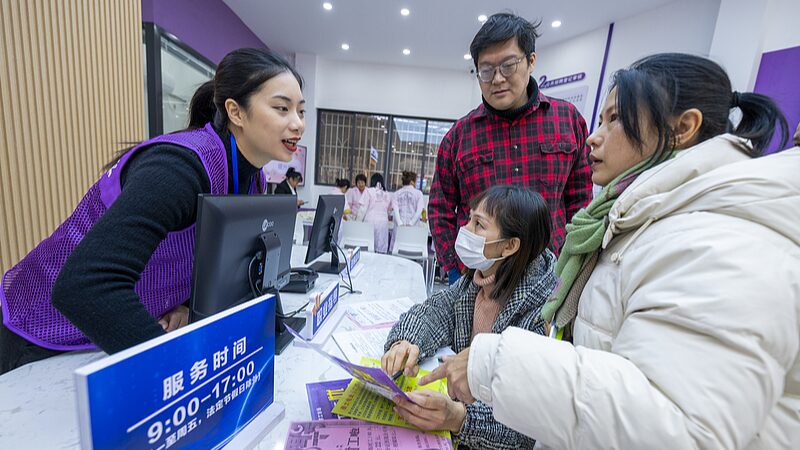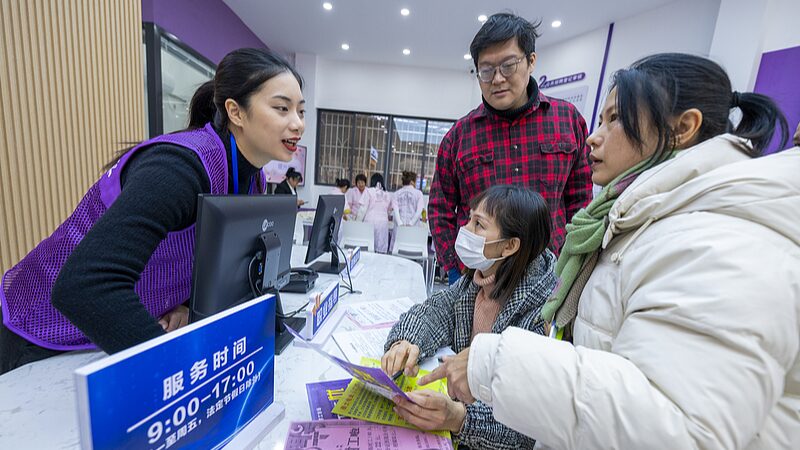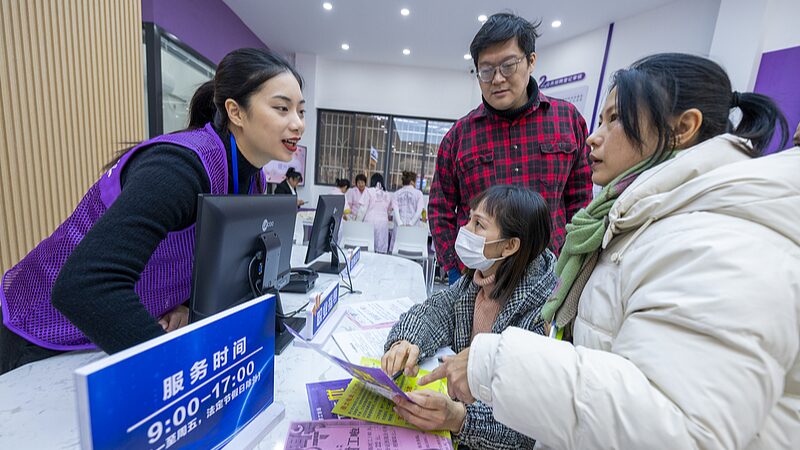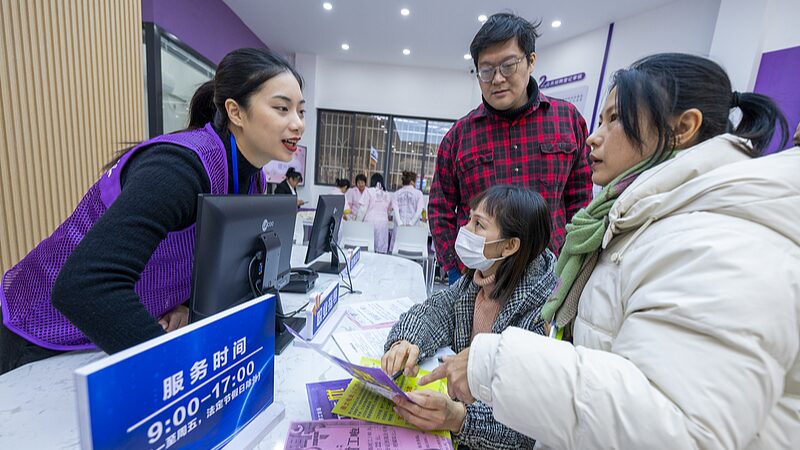As 2025 marks the culmination of China's 14th Five-Year Plan, significant strides have been made in upgrading and expanding basic public services. The plan aims to ensure universal access and inclusiveness, allowing development gains to benefit all citizens fairly and fostering a greater sense of fulfillment, happiness, and security.
Improving people's livelihood and welfare has been a central goal throughout the 14th Five-Year Plan period. Since 2021, numerous five-year plans addressing employment, income, education, medical care, social security, and basic public services have been implemented, alongside measures designed to benefit the populace.
In 2024, despite global uncertainties, China promoted high-quality development, achieving progress in residents' income, employment, living conditions, and life expectancy. The per capita disposable income reached 41,314 yuan (approximately $5,747) in 2024, marking a 5.3% nominal increase and a 5.1% real increase after adjusting for price factors, according to the National Bureau of Statistics (NBS).
Rural residents saw their incomes grow by 6.6% year-on-year in nominal terms, outpacing the 4.6% increase experienced by urban dwellers. The urban unemployment rate averaged 5.1%, a slight decrease from 2023, attributed to economic expansion, increased job opportunities in the service sector, and the government's \"employment first\" policy.
By the end of 2024, 33.05 million people had moved out of poverty through employment, marking the fourth consecutive year surpassing the 30 million milestone. Additionally, social security cardholders reached nearly 1.39 billion, including 1.07 billion digital users.
Emerging business forms, models, and industries have also played a pivotal role in driving employment improvements. Looking ahead, Chinese central authorities have outlined a series of goals for 2025 to further enhance people's livelihoods across various sectors.
New measures include a targeted employment support program focusing on key sectors, industries, urban-rural grassroots, and micro, small, and medium-sized enterprises. The program aims to establish a robust mechanism for disseminating job information related to major projects.
In the housing sector, China is committed to unlocking housing demand through a mix of policies that support first-time homebuyers and those looking to improve their living conditions. Efforts will also focus on expanding the supply of affordable housing to meet the needs of new urban residents, young people, and migrant workers.
Mental health services are set to receive enhanced support, with 18 provincial-level regions launching the 12356 mental health assistance hotline. The National Health Commission (NHC) has designated 2025 to 2027 as \"pediatrics and mental health service years,\" promoting mental health knowledge and ensuring specialized clinics are available in every city-level region.
Furthermore, China's \"No. 1 central document\" for 2025 emphasizes the importance of securing the supply of key agricultural products like grain and consolidating poverty alleviation achievements. Deputy Director Wang Jinchen of the Ministry of Agriculture and Rural Affairs stated, \"Our task is to keep the rice bowl firmly in our own hands,\" highlighting initiatives to stabilize grain production, enhance yields, and reduce losses through targeted actions.
These comprehensive measures reflect China's commitment to fostering sustainable economic and social development, ensuring that the benefits of growth are widely shared and that the population enjoys improved standards of living.
Reference(s):
China sees improvement in people's livelihood, maps out plans for 2025
cgtn.com



